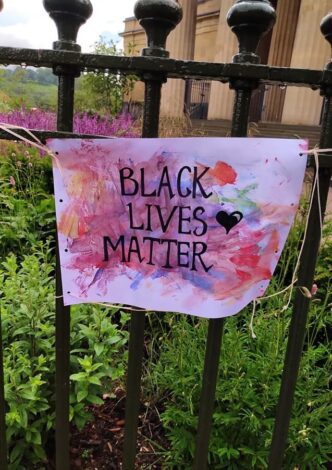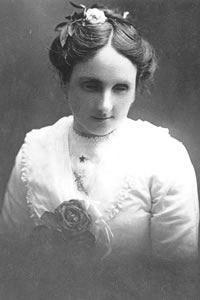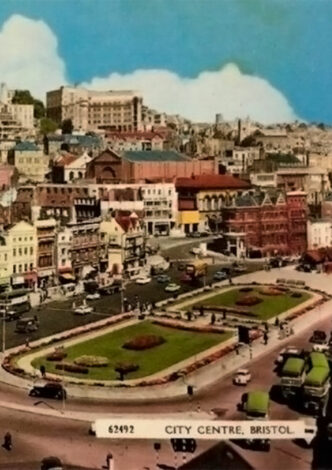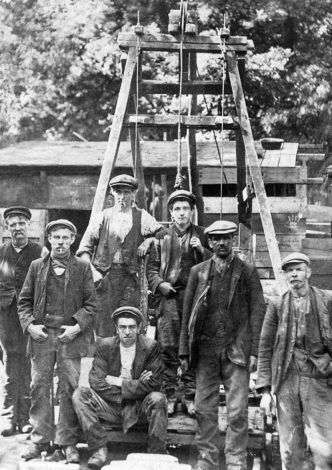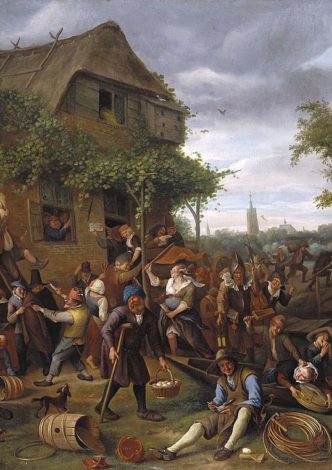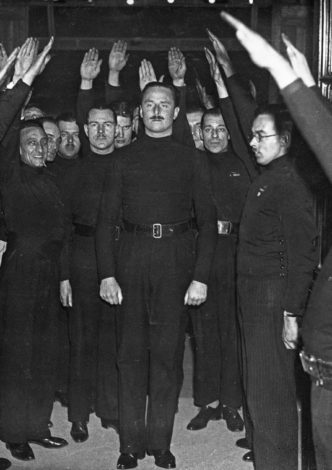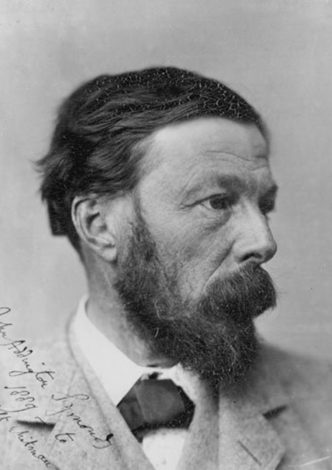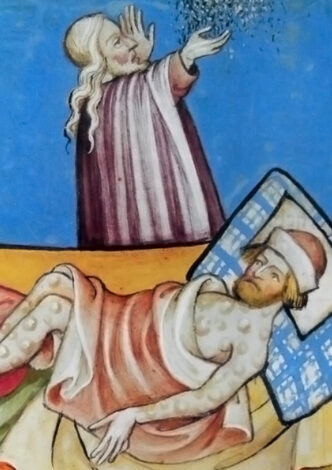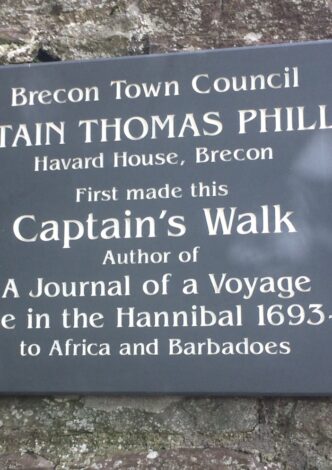Black History Month 2020
Brecon slave trader plaque was removed, and a poem was penned!
During 2010, and during Black History Month no less, a plaque was quietly erected in the rural town of Brecon, Wales to commemorate the life of a slave trader and commander of the slave ship Hannibal without public consultation. African people were purchased by agents of The Royal African Company to undertake forced labour and childbearing as slaves for the accumulation of profit. In 1693 700 enslaved African women, men and children were forced below the decks of the Hannibal under the command […]


